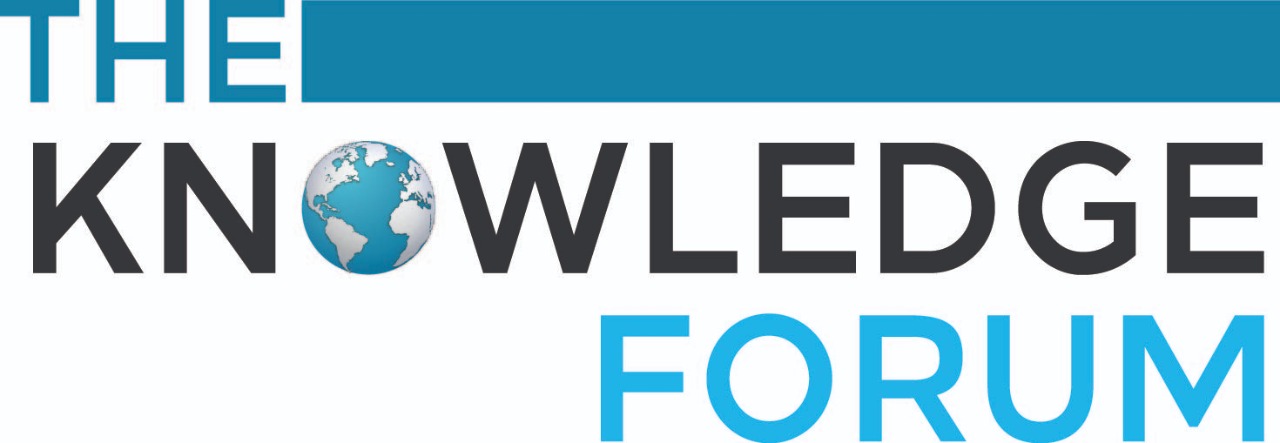Pakistan Bulletin
Up-to-date and informed analyses of key issues of Pakistan.
The limitations of Pakistan’s new model for economic recovery
December 2023
The Special Investment Facilitation Council (SIFC) has been established to tackle Pakistan’s economic challenges. However, it lacks a comprehensive understanding of the issues faced by the country’s economy.
In an unprecedented move, the last coalition government formed a special purpose company – three months before it exited – under a statute passed by the parliament. According to the stated objective of the initiative, it was directed at “contributing towards economic revival of Pakistan by significantly expanding the investment pie from foreign and domestic sources; achieving macro-economic stability; and bringing socio-economic prosperity,”. Titled “Special Investment Facilitation Council (SIFC)”, the Council also aspires to attract investments from friendly countries in identified sectors through an empowered organization that serves as a ‘single-window’ platform for facilitation with qualitative improvements in ease of doing business for potential investors. This, it seeks to do through a ‘Whole-of-Government Approach’ by way of optimal horizontal-vertical synergy, and facilitation by the Pakistan Army. The Council’s pathways revolve around five pillars which bring together all key stakeholders under one roof.
For decades Pakistan’s economy has suffered from bad management, reliance on foreign loans, ill-focused subsidies, and capital shortfall due to band-aid policies that ignored structural reforms and human development.
What is, however, surprising for those watching the progress of the Council is that in October 2023, in its 5th meeting, the government expanded its scope to the domestic economic agenda aimed at addressing the problems faced by local investors and fixing the ills of the economy. The decision reflected that the mandate of the Council is no longer restricted to the facilitation of foreign investment through swift decision-making. The joint civil-military-led forum now includes performance reviews of various ministries, dispute resolution between investors and government departments, allocation of gas to various sectors, water supply schemes for major metropolitans, settlement of circular debt, and curbing oil smuggling. This makes it a ‘premier economic restoration body’ with evident military control over it. The decision to expand the scope of the Council was taken after the army chief’s interaction with the businesspersons in Lahore and Karachi. This move makes the mandate clearly tilted towards the military leadership empowering it to lead not only at the delivery level but also defining and amending the basic mandate of the Council itself. This also raises the question of legitimacy of the initiative itself as a civilian-led political action.
The problem statement of the Council has so far failed to take a comprehensive view of the structural causes and follies of the past which resulted in the failure of earlier attempts at attracting investments.
By putting all its eggs in SIFC’s basket in its quest to attract foreign investment and address the balance of payment crisis, the government has chosen to neglect vital institutional reforms and regulatory issues. The myopic vision of the Council and its exclusive focus on attracting foreign investment, while disregarding institutional, regulatory and transparency concerns only underscores lack of wisdom in the political government that chose to form this council on the eve of its departure.
The skepticism shown by several experts and think tanks including the Policy Research Institute of Market Economy (PRME) is not unfounded. Pertinent questions have been raised calling for reflection: can Pakistan’s reliance solely on foreign investment alleviate the country’s economic challenges even as the policy environment remains unfavourable? In other words, can Pakistan move forward without first tackling its longstanding structural issues? Even more important is the concern regarding the shrinking space for civilians in economic policymaking as the country’s most powerful institution, represented by its chief on the SIFC apex committee, keeps expanding its role and arrogating powers in areas where it has no expertise. There has been no answer to the question as to how the dominant institution with its own industrial empire which thrives on subsidies and tax concessions, will not be a prime beneficiary of future investments. Who will monitor and what transparency will be ensured in the ways of working of the Council? Lack of clear answers not only casts a shadow of doubt over the sincerity of the initiative, it also raises concerns over the future of democracy as the country braces for next elections
Irfan Mufti
Author
The writer is a political economy expert and a people’s rights campaigner. He works as Deputy Executive Director at South Asia Partnership Pakistan.

Get the latest news and updates from our team
